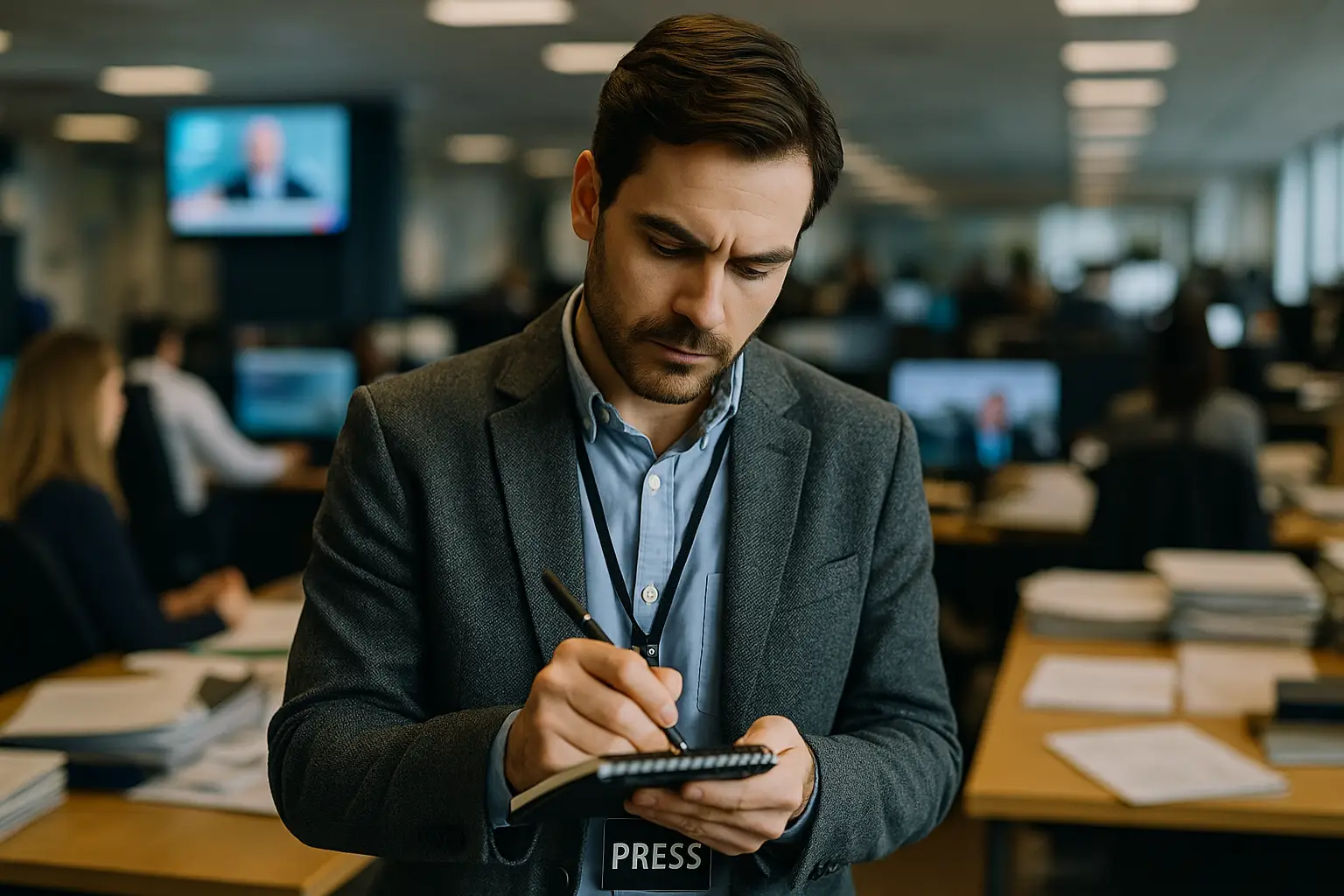Modern journalism stands at a delicate crossroads. The values that once anchored public trust — editorial rigor, institutional authority, and journalistic ethics — are being tested by accelerating technological change and deepening political polarization. In this climate, the role of opposition in modern journalism is more vital than ever. Opposition here does not mean blind contrarianism; it signifies a commitment to challenging entrenched power, amplifying marginalized voices, and uncovering truths obscured by dominant narratives.
Historical Roots of Opposition in Journalism
Oppositional journalism has existed for centuries, long before the term “journalist” entered common use. In ancient Greece and Rome, orators and scribes used public forums to question rulers and expose abuses. These early acts of dissent laid the foundation for journalism’s enduring purpose: to speak truth to power.
The Enlightenment of the 17th and 18th centuries transformed dissent into a revolutionary force. Figures like Voltaire and Thomas Paine wielded pamphlets and newspapers as weapons of reason, inspiring movements for liberty across continents. Their writings proved that words could ignite revolutions.
By the 19th century, the rise of mass literacy and affordable printing fueled a new wave of oppositional reporting. Abolitionist newspapers like The Liberator, founded by William Lloyd Garrison, used uncompromising moral clarity to campaign against slavery. In the early 20th century, the muckrakers — Ida Tarbell, Upton Sinclair, Lincoln Steffens — exposed corporate exploitation and political graft, driving landmark reforms. These legacies shaped journalism’s identity as a watchdog and catalyst for change.
Core Principles of Oppositional Journalism
The heart of oppositional journalism lies in several enduring principles:
Truth and Accuracy
Opposition must be grounded in fact. Journalists who challenge power cannot afford distortion; credibility is their most potent weapon. Rigor in verification ensures that opposition enlightens rather than inflames.
Watchdog for Democracy
By scrutinizing governments, corporations, and cultural institutions, oppositional journalists deter abuses of power. Their work sustains public accountability, especially when traditional checks and balances falter.
Ethical Responsibility
Oppositional journalism must resist both propaganda and performative outrage. It should illuminate complex realities, present multiple viewpoints, and encourage critical thinking rather than blind allegiance.
Challenges in the Digital Era
The digital age has expanded journalism’s reach but complicated its mission. Social media platforms allow marginalized voices to bypass gatekeepers and reach global audiences. Yet these same platforms amplify misinformation and polarize communities into echo chambers.
Economic pressures further threaten oppositional work. The collapse of advertising revenue has gutted investigative units, leaving many stories untold. Nonprofit and independent outlets have emerged to fill the void, but they struggle with sustainability and constant political attacks.
Meanwhile, governments — democratic and authoritarian alike — deploy sophisticated tools to monitor and suppress dissent. From facial recognition at protests to metadata tracking and AI-driven censorship, opposition faces unprecedented surveillance risks.
Impact on Democracy and Public Discourse
Oppositional journalism is essential for a healthy democracy. By exposing hidden truths, it empowers citizens to hold leaders accountable and make informed choices. Its impact can be seen in pivotal moments: the Watergate investigation leading to President Nixon’s resignation; civil rights reporting that brought national attention to segregation and injustice; modern exposés on mass surveillance and corporate malfeasance.
Healthy democracies thrive on informed debate. Opposition journalism fosters that debate, ensuring no single narrative dominates public consciousness.
Technology’s Dual Role
Digital tools have transformed oppositional reporting. Open-source investigations (OSINT) allow journalists to verify events using satellite imagery, geolocation, and social media forensics. AI aids in analyzing massive data leaks, accelerating investigative timelines.
But technology also introduces new perils. Deepfakes, bot-driven propaganda, and algorithmic bias blur the boundary between fact and fiction. Journalists must now scrutinize not only power structures but the very tools they use to report on them.
Global Context and Cultural Variations
The role of opposition in journalism varies widely across societies. In authoritarian regimes, dissent often goes underground — encrypted newsletters, exile media, or anonymous blogs keeping truth alive against state propaganda. In liberal democracies, oppositional journalism focuses on systemic injustices that persist beneath the surface: corporate malfeasance, institutional racism, environmental neglect.
Transitional societies present unique complexities. In nations like Myanmar or Tunisia, journalists straddle newfound freedoms and lingering repression, adapting strategies to navigate fragile political landscapes.
Ethical Dilemmas in Oppositional Reporting
Opposition carries inherent ethical challenges. Balancing advocacy with objectivity is a constant struggle. Journalists risk bias in selecting which injustices to highlight or in framing their narratives. Sensationalism — prioritizing shock over substance — undermines credibility and feeds the very mistrust oppositional journalism seeks to combat.
Responsible opposition requires transparency in methods and humility in conclusions. It must remain tethered to evidence, resisting the temptation to mirror the propaganda it opposes.
Future of Opposition in Journalism
The future of oppositional journalism will be defined by adaptation. Independent outlets will increasingly collaborate across borders, pooling resources to investigate transnational corruption and human rights abuses. Blockchain and decentralized publishing may shield dissent from censorship, while participatory journalism — involving citizens in gathering data and testimony — will deepen public engagement.
Audiences, fatigued by polarization yet hungry for authenticity, may gravitate toward reporting that blends rigorous investigation with human context. For oppositional journalism to remain relevant, it must sustain its watchdog role while embracing new forms of storytelling that resonate in an age of information overload.
Conclusion: Opposition as Journalism’s Lifeblood
Neutrality, in the face of systemic injustice, is not journalistic virtue; it is abdication. The role of opposition in modern journalism is to interrogate power, challenge complacency, and keep democracy honest. In an era where institutions falter and misinformation spreads with unprecedented speed, oppositional reporting offers what society needs most: accountability grounded in fact.
By preserving this tradition, we safeguard more than journalism — we safeguard the public’s right to know, the bedrock of any functioning democracy.
Outbound Link
- Committee to Protect Journalists – Global standards in press freedom and journalist safety
122 views






